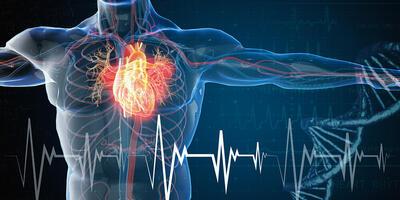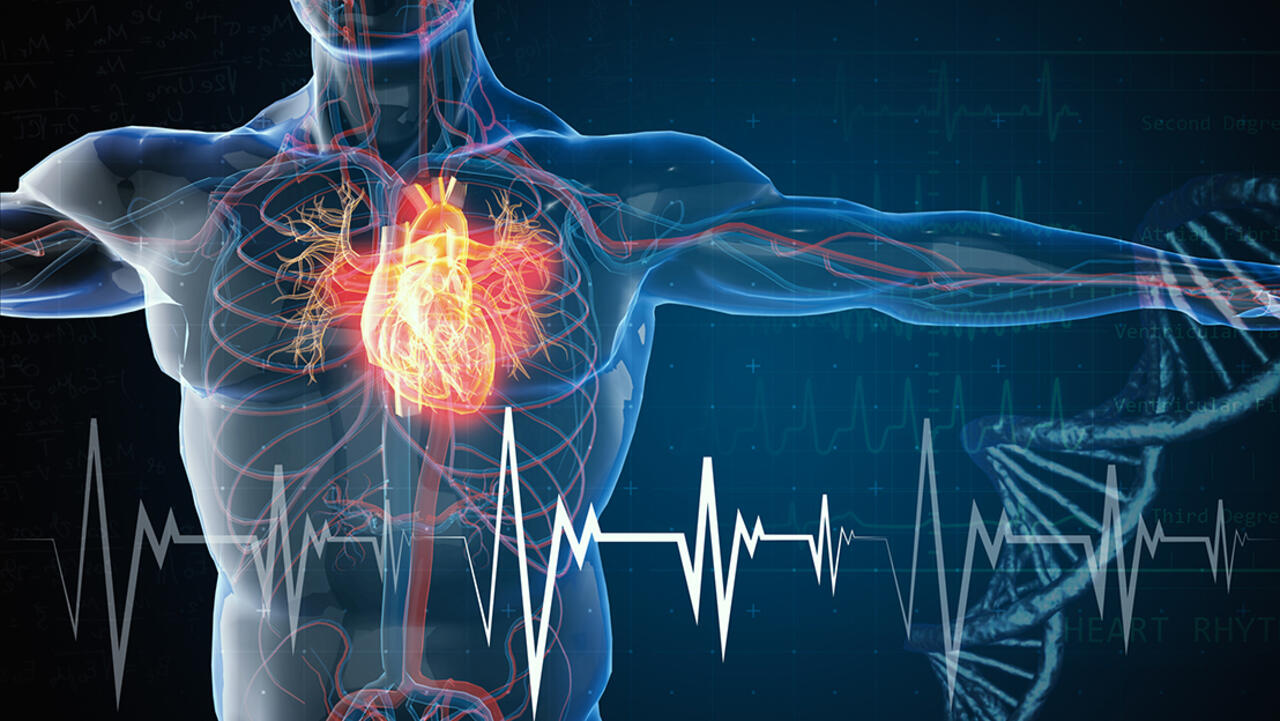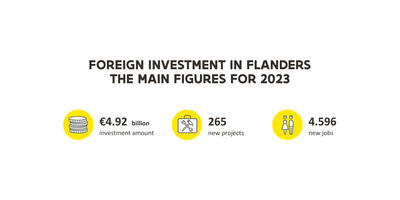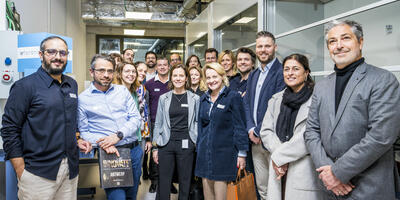
Made in Flanders: imec’s 4D CT scanner for heart surgery

No more eclipse of the heart
Computers are already capable of creating a 3D scan of a patient’s heart. In 4D, a new model is created for every 3D frame, essentially mapping the motion of the heart. The developers have achieved this by applying a ‘multi-atlas’ technique.
“Our approach was to estimate the motion between the different images, compensate for this motion, and overlay the different images. Using this multi-atlas technique, we were able to create high-quality models that our partners in the consortium could move forward with,” clarifies professor Jef Vandemeulebroucke from ETRO, an imec research group at VUB.
A multipurpose technology
Imec’s 4D technology has already been adapted by multiple companies, which benefits the wider healthcare sector. For example, GE Healthcare has extended its radiation dose registration software to 4D, Flanders-based additive manufacturing specialist Materialise has done the same for its image processing software, and Vision Lab, an imec research group at the UAntwerpen, incorporated 4D in its statistical cardiovascular models.
Meanwhile, FEops – a Flanders-based leader in personalized predictive planning for structural heart interventions – creates 4D simulations of a beating heart in which a cardiovascular device is being placed. Physicians can upload 4D images of a cardiovascular surgery to a website, and FEops analyzes the footage. The doctor then selects what type and size of implant is recommended, based on the scans.
Based on the combined results, I hope we have moved one step closer to the real use of 4D in cardiac surgery. We now know it is safe, we are capable of processing the images and we can make accurate simulations. The road is open.
In the future, the 4D technology will also be implemented for non-patient-specific applications. With enough data, it is possible to create a model that drives the development of implants of different sizes.
The team behind the 4D CT scan technology
Imec is a research and innovation hub in nanoelectronics and digital technology. It aims to innovate in application domains such as healthcare, mobility, logistics, energy and education. Headquartered in Leuven, imec spearheads several R&D groups abroad and across a number of Flanders’ universities.


